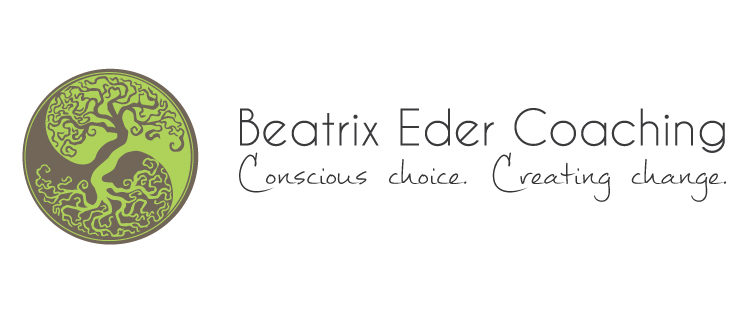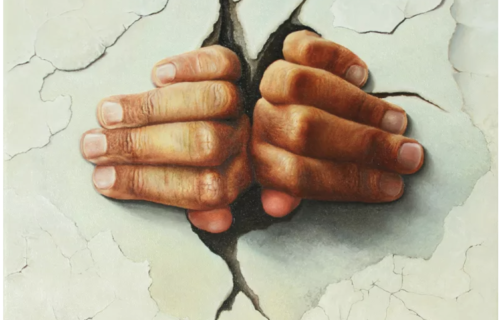
Leading teams through uncertainty & change
Inclusive leadership is an essential element of resilient organizations
Living in a complex and volatile world is nothing new anymore. We all remember some of the big financial crises in recent years: be it the Asian crisis in 1997, the collapse of the US housing market bubble in 2006 or the current COVID-19 pandemic.
Yet, despite the repeating pattern of economic crises, most of us are still utterly uncomfortable with volatility (change) and its side effects: uncertainty and ambiguity.
With COVID-19, many organizations’ focus shifted to limiting the impact of the disruption through the virus and to rethinking existential questions such as how to maintain business operations. Themes like Diversity & Inclusion can easily sink into oblivion as management tries to focus on what’s most urgent and ensuring long-term survival.
However, volatile and ambiguous times are when we most need leadership – and not just strong leadership but above all inclusive leadership.
Heightened need for clarity & inclusion
When people don’t know exactly what lies ahead, they have a heightened need for communication, human connection and belonging. Being inclusive gives people a direction and clarity even if they have to work across physical distancing and even if the future looks rather blurry.
When people understand and support the overall direction of an organization, they can usually better cope with the challenges presented by uncertainty and change. Knowing the strategic direction, they can relax and be more flexible with the details of how they will achieve the desired result.
After almost two months of COVID-19 crisis and circuit breaker measures (in Singapore), many employees are stressed with questions around their job security, the double burden of working from home while supporting their children in e-learning, worried about their own health and frustrated about the necessary changes in lifestyle.
Feelings of disconnection and exclusion can be exacerbated
Prolonged periods of working from home can easily exacerbate feelings of disconnection and exclusion. Many people feel
- lost without a clear direction
- pressured to be available for work 24/7
- unsafe and needing to hide parts of themselves to ensure acceptance from colleagues
- unappreciated in regards to the value of their opinions
- disengaged and not seeing a purpose in their work
- disconnected through the lost community of in-person meetings.
These are times when employees look even more to their line managers, expecting them to communicate what is going on, take decisions, show where the company is heading, engage people while working from home and strengthen group identity to weather the storm.
Uncertainty creates stress; stress intensifies bias
Consequently, the pressure also increases on team leaders, line managers and executives.
Leaders in VUCA times constantly have to understand and respond to multiple interdependent elements that interact in dynamic, not always predictable ways. Often, they do not have enough information when they have to take decisions with high stakes, consequences being long-lasting and impacting many people.
Because situations evolve quickly, leaders also have to respond quickly – and therein lies the problem. Such situations, often make the stress levels spike and block access to one’s emotional intelligence as well as cognitive abilities - two critical components in the decision-making process.
The faster we need to act and the more exhausted we are mentally, the less we are deliberate in our reasoning and the more we are influenced by our personal and cognitive biases.
On the human level, such decisions can marginalize people and be perceived as absurd or unfair; on the business level they can have negative outcomes because blind spots of the decision-making process were not considered and risks not managed appropriately.
Inclusive leadership fosters agile & creative teams
One understanding that has emerged from the past months of physical distancing is that people perform much better when they feel safe, valued and engaged. This sense of inclusion fosters in return agile mindsets and creative problem-solving abilities, which are essential for going through a crisis with resilience.
Therefore, inclusive leadership is a strong element in building a culture of resilience. In a world where unexpected events with far-reaching impact are more frequent, resilience is a quality that helps navigate these disruptions while maintaining high performance and responding with agility to the changed situations.
Questions for reflection
- How did COVID-19 impact the situation of various minority groups at your organization?
- In what ways did your organization practice Diversity & Inclusion since the beginning of COVID-19?
- How will executives and line managers invite and address questions and requests around Diversity & Inclusion to bring out group creativity and foster resilience?



